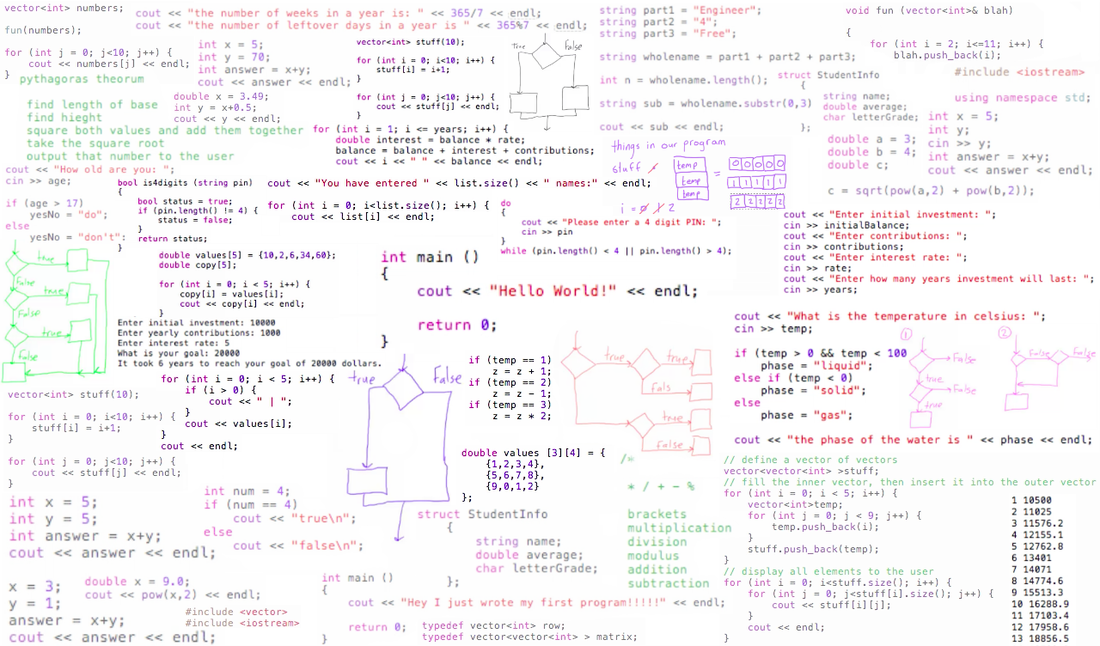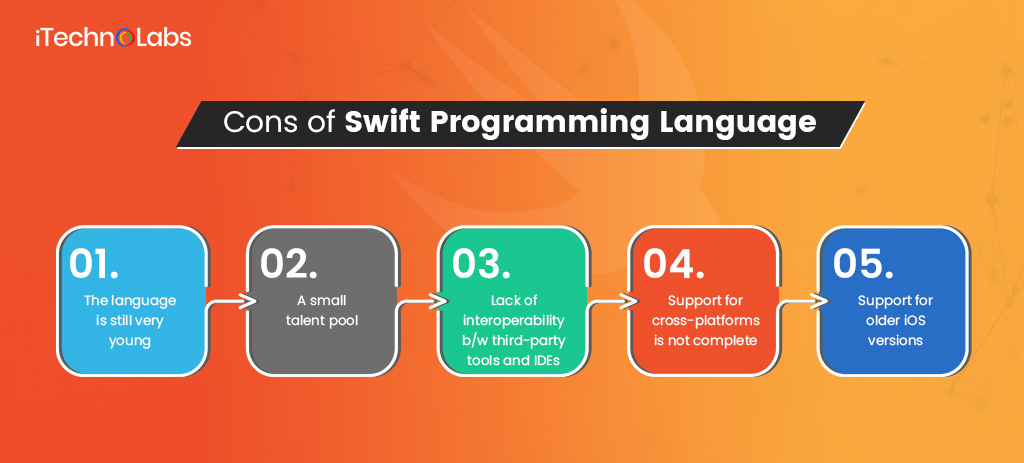
Mastering C Programming From Basics to Advanced Techniques
Embarking on a Journey to Master C Programming
Venturing into the realm of programming often begins with the robust and foundational language – C. It’s not just a programming language; it’s a gateway to understanding the fundamental concepts that lay the groundwork for various other languages. Let’s explore the journey of learning C programming and how it sets the stage for a solid programming foundation.
Understanding the Basics: The ABCs of C Programming
Learning C starts with grasping the basics – the syntax, data types, and control structures that form the building blocks of the language. Understanding how to declare variables, use loops, and make decisions through conditional statements lays the foundation for more complex programming tasks.
Mastering Pointers and Memory Management: Unraveling C’s Power
One of the distinctive features of C is its emphasis on pointers and manual memory management. Mastery of pointers allows direct manipulation of memory addresses, providing unparalleled control over data structures. Learning how to allocate and deallocate memory dynamically is a crucial skill that sets C apart.
Diving into Functions and Modular Programming: Structuring Code Efficiently
C encourages modular programming through functions, allowing code to be organized into manageable and reusable units. Delving into functions involves understanding parameter passing, return values, and the concept of scope. This modular approach enhances code readability, maintainability, and reusability.
File Handling and Input/Output Operations: Interacting with the World
C equips programmers with powerful file handling capabilities. Learning how to read from and write to files expands the horizons of program interaction. From simple text files to binary data, mastering file operations enables seamless integration of C programs with the external world.
Exploring Advanced Topics: Taking C to the Next Level
Once the fundamentals are in place, delving into more advanced topics opens new vistas. Topics like data structures, algorithms, and advanced programming techniques showcase the versatility of C. From linked lists to sorting algorithms, this exploration deepens the understanding of programming principles.
Practical Learning at ITCertsBox: Navigating C Programming with Confidence
Ready to embark on your journey to master C programming? Explore the diverse resources and courses available at ITCertsBox. Whether you’re a novice or an experienced coder, the platform offers a structured learning path to navigate C programming with confidence.
Debugging and Troubleshooting: Refining Coding Skills
Mistakes are inevitable in programming, and C teaches valuable lessons in debugging. Understanding common errors, utilizing debugging tools, and troubleshooting code enhances problem-solving skills. Learning to interpret error messages and use debugging techniques is an integral aspect of becoming a proficient C programmer.
Practical Projects: Applying C Knowledge in Real-World Scenarios
The true test of C proficiency lies in applying knowledge to practical projects. From small utilities to larger software applications, engaging in real-world projects solidifies understanding and hones practical coding skills. It’s in these projects that theoretical knowledge transforms into tangible results.
Community Engagement: Learning from Peers and Mentors
Learning C is not a solitary journey. Engaging with the programming community, participating in forums, and seeking guidance from mentors











